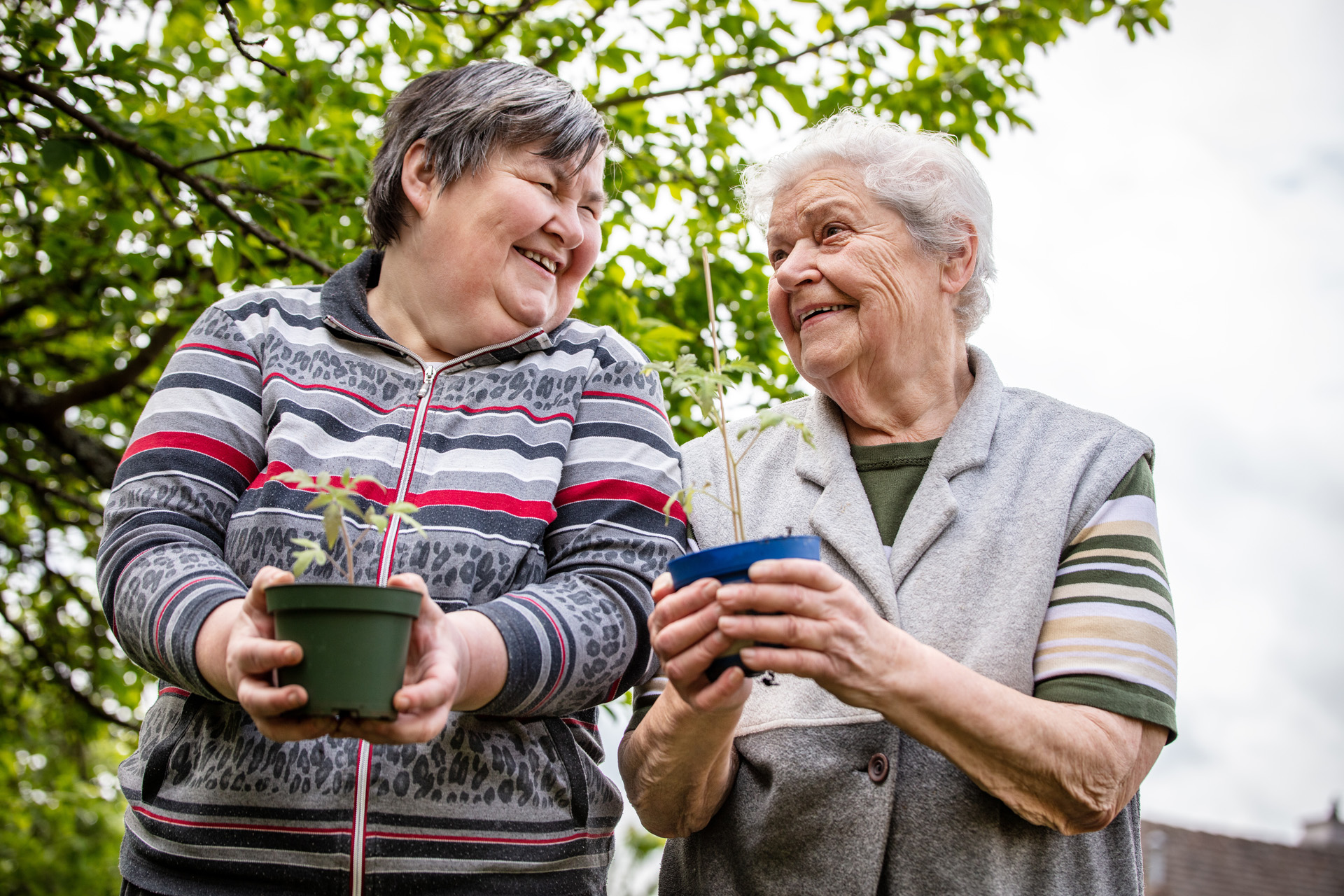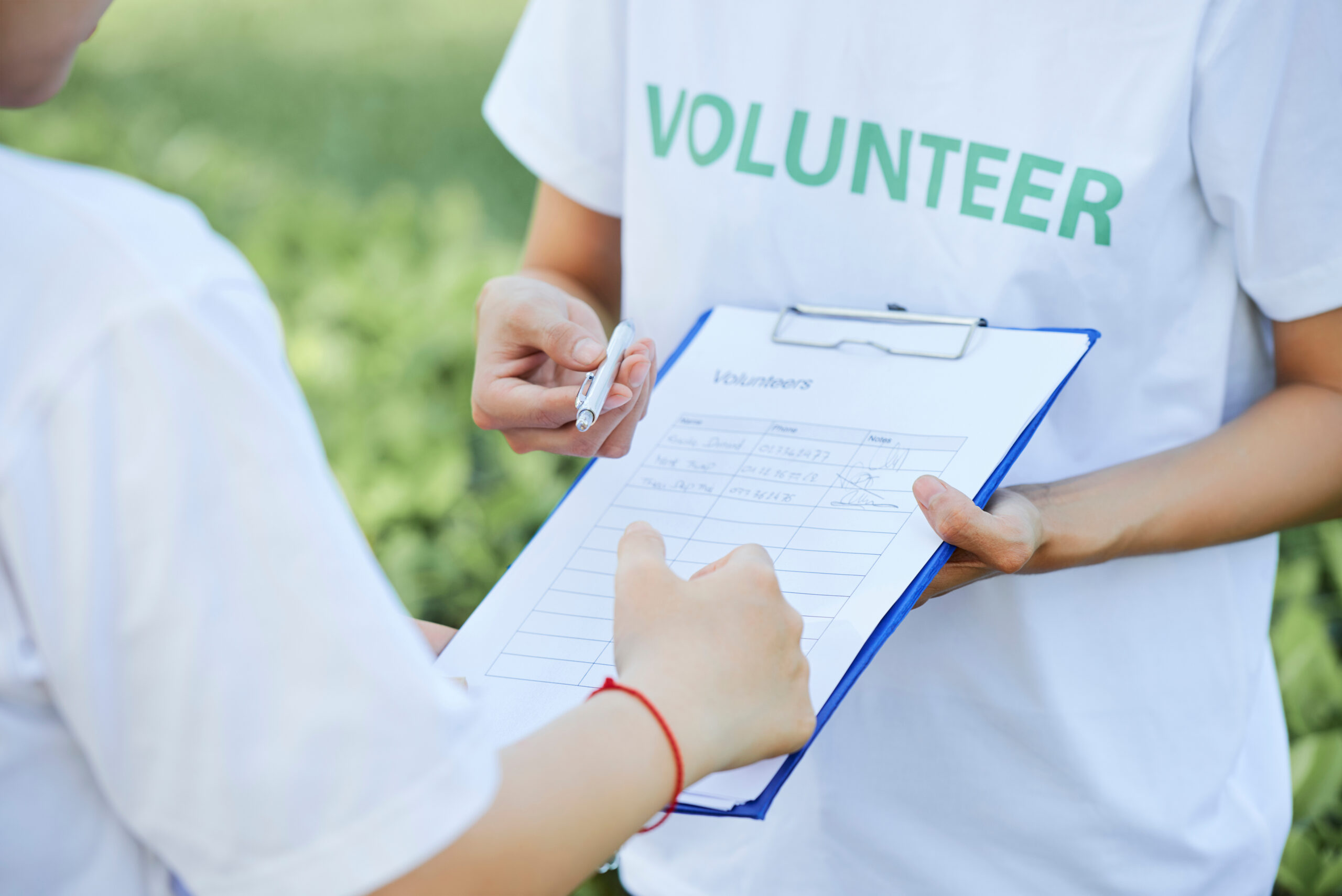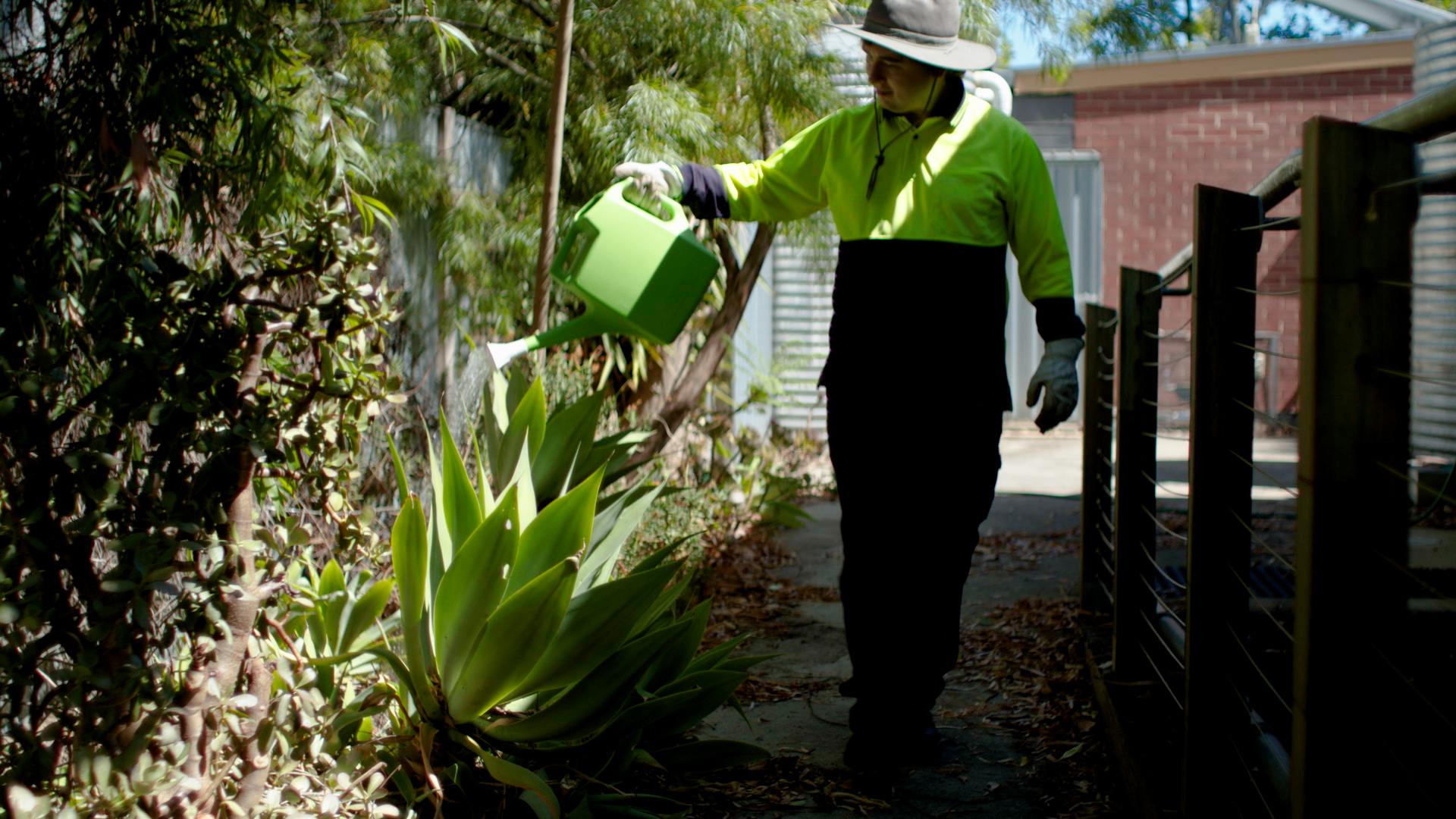Retention and Recognition


The ability of an organisation to keep and engage volunteers for a specific amount of time is known as volunteer retention. High volunteer turnover can compromise a group’s capacity to operate efficiently and affect services and outcomes.
When people are involved in, content with, and satisfied with their voluntary role, they have a tendency to stay. Keeping a volunteer you’ve spent a lot of time and effort in recruiting and onboarding is more efficient than having to find new volunteers.
People volunteer for lots of different reasons and it’s vitally important to know why someone has chosen to volunteer with you. These may cross over when individuals volunteer for lots of different reasons.

Wanting to gain work skills:
- Provide a variety of tasks that helps build their resume, confidence and competencies.
During check-ins (either formal or informal) ask if they would like any new experiences or opportunities to expand their abilities. Provide opportunities for professional development; can they join training with staff or attend events and represent your organisation? Search for other training opportunities that align with their volunteering role. Humanitix and Eventbrite have loads of free and low-cost options, both face to face and online.

Want to contribute to a cause they’re passionate about:
Ensure you communicate how the organisation is making a difference e.g., how many people have they helped and how has the volunteer contributed to the organisation goals. Share personal stories and successes with them. Ask clients or other people the organisation supports to provide letters of thanks, video testimonials or handwritten cards to volunteers. Provide pictures of animals or the environment they have helped.

To make friends and connect socially:
Ensure their tasks and role are working with others. Provide opportunities for volunteers to get together. Encourage tea breaks and share birthdays and other special occasions, such as Christmas, Diwali, Eid, Easter, Chinese New Year, Pride week and other culturally specific events that your volunteer’s may celebrate.

It’s also important that volunteers continue to know what is expected of them, and when, and have everything they need to effectively complete tasks and activities. This may include:
- Having the equipment, they need and making sure they know how to operate them e.g., a new photocopier or reception phone.
- Being involved in staff celebrations, training and experiences where appropriate. Volunteers are part of your organisations whole workforce and should be treated as such.
- Correct people if they say, “I’m just a volunteer”. A volunteer shouldn’t be a “just”. They are integral to any organisation, and we would be lost without them!
- Communicate effectively and in a manner that suits the volunteer. It might seem more efficient to send an email to all of your volunteers at once…. but how many check emails regularly? Think carefully about your volunteers and how they prefer to be communicated with. Do all of your volunteers regularly volunteer in person? If so, speak to the groups personally to convey your message or ask for their opinions. You could also create a newsletter (or ask another volunteer to do this), print flyers, send texts, schedule an interactive Zoom or Teams meeting or provide a paper survey.
- You may like to include a regular check in every 6-12 months, or if your volunteers are episodic, surveying them after each major event. You can find examples in our resource pages or check out a template here. Provide an online and paper option of the survey wherever possible. Survey Monkey or Google Forms are a couple of options to try for creating your own online surveys.

Appreciation and recognition
Some volunteers will say “I don’t want anything in return for volunteering”, and it can sometimes be a difficult decision about how much to spend, especially if the organisation is a charity and volunteers don’t want to be seen using the funds intended for other things. Informal and formal recognition can happen on the job, at specific events and through social media.
Include everyone in every event or acknowledgement, and think about your volunteers’ requirements (parking, access, sensory needs, just like you would have considered when they started).
- Note in your files how each volunteer likes to be contacted and communicate your appreciation in a way that matches this. One approach may not suit every volunteer.
- Acknowledge volunteers with a greeting and thank you every shift. If you can’t be there, nominate another volunteer or staff member to ensure everyone feels welcome.
- If you have room and permission from the volunteer, pop a picture of them in a prominent place to showcase your volunteer workforce. It also helps others to remember their names!
- If you have an organisation newsletter, include a “volunteer of the month” or include an interesting story about them (their background, interests, ways they’ve contributed, their holiday adventures, famous people they’ve met etc.)
- Acknowledge them in social media stories, and tag them in if you have permission – click here for media consent template
- If you are holding an event, ensure that the venue is accessible for your volunteers and anyone else they may bring with them. Include a question on the RSVP “Accessibility requirements”, as you would normally for dietary requirements. If someone writes something and you are not sure, it’s OK to double check what they mean e.g., if they put “wheelchair user”, check what resources they need e.g., accessible parking, toilet and entry to venue. Check out our resource pages for accessible events.
- Whatever you do make it consistent. We all have those extra special volunteers that we want to acknowledge, but you must ensure that any gifts, pins, accolades are consistent year after year, especially if you have a lot of volunteers that have been with your organisation for many years.
- Ask your volunteers how and when they would like to celebrate. This might be included in a yearly survey, or during casual chats or meetings. Our volunteer survey template includes questions about recognition.
- There are low to no budget ways to recognise volunteers check out some of the ideas in our resource page
- Include the people that the volunteers help in the celebrations. This could be elderly residents, animals, recipients of the charity or children. Many volunteers are there because these are truly the cohort they want to support.
- Make sure you include volunteers in any messages about the successes of the organisation (annual reports, statistics, end of year celebrations, social media) and measure the impact of their volunteering. There are various ways to collate statistics around number of volunteers, hours etc. Some examples can be found in our resource pages
- Value their opinions, include them in discussions about the programs and services you provide.
- Have the CEO or other management staff, relevant to the volunteer role, speak to them personally or in a group setting, thanking them for their service.
- If you have a corporate volunteering program or sponsorship, consider asking them for any discounts or vouchers that you can give your volunteers.
- National Volunteer Week is a perfect time to acknowledge your volunteers. Find out more here
- Nominate exceptional volunteers for awards held by a local council or shire, state or national awards.
- Offer to be a referee on your volunteers CV. Support them to detail the experiences and skills they’ve gained by volunteering with you.
- Include volunteers in any budget planning, and where possible offer reimbursement for travel or include catering for training or if a mealtime is part of their usual volunteering role e.g., having a sandwich for them to share if they are sharing mealtimes with elderly residents.
- Consider volunteers to be part of a contingent representing your organisation at a relevant conference, special event, ceremony or presentation.
